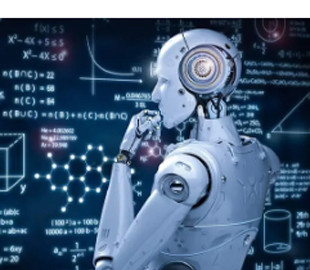
A new study showed that the active use of artificial intelligence tools can reduce the ability to think critically, especially among young people, writes Societies.
Young people aged 17–25 years were most vulnerable to this effect, while people with higher education showed less deterioration in cognitive abilities.
How research was conducted and what is cognitive unloading?
As part of the study, a survey of 666 participants was conducted, as well as an interview with 50 of them. The results confirmed that greater reliance on AI reduces the level of engagement in deep mental processes such as critical analysis and reflection. Scientists called this phenomenon “cognitive offloading”, when users delegate mental tasks to external technologies, which leads to a decrease in active thinking.
What is the problem of AI and how to solve it?
Although artificial intelligence has advantages in the rapid analysis of large volumes of data, research participants expressed concerns about the ethical aspects of its use. In particular, they noted that AI algorithms can provide distorted information, influencing decision-making.
Researchers emphasize the need to develop educational programs that would teach young people to ethically use AI and develop critical thinking skills, even in the age of high technology.

